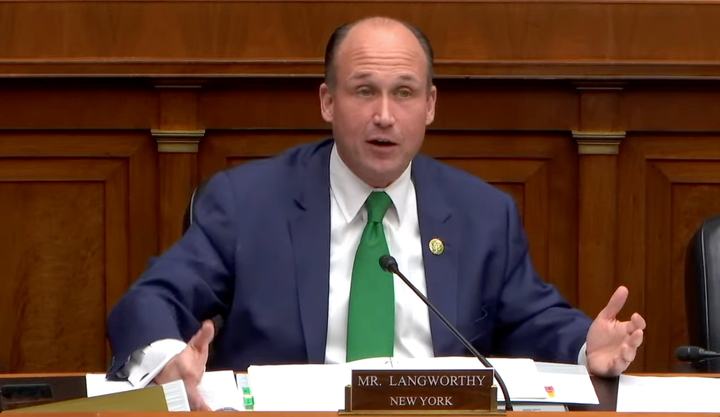Donors in the fossil fuel industry have already contributed more to the two giant super PACs aligned with Republican congressional leaders in the 2023-24 election cycle than they did in the entire 2019-20 cycle, according to a Sludge analysis of Federal Election Commission data.
For this year's contests, multimillion-dollar donations from Big Oil companies and their lobby groups have been pouring into the Senate Leadership Fund (SLF), the outside spending group closely tied to Sen. Mitch McConnell (R-Ky.), and the Congressional Leadership Fund (CLF), which is aligned with House Speaker Mike Johnson (R-La.). The GOP is campaigning to win back control of the Senate and hold a majority in the House.
So far in the 2024 election cycle, fossil fuel companies, pipeline firms, industry trade associations, and company founders and executives have given SLF and CLF a total of $34.1 million. This sum counts donations made through June 30. By comparison, in the full 2020 cycle, fossil fuel industry donors contributed a total of $32 million to SLF and CLF, according to Sludge’s review of FEC records.
In the last two election cycles, SLF and CLF were the two highest-spending groups backing Republican candidates, according to OpenSecrets. The two groups shell out hundreds of millions each election cycle on ads and voter outreach to support Republican candidates and oppose Democrats, their spending closely aligned with party leaders. As a super PAC and a hybrid PAC, respectively, they can accept donations of unlimited size and can receive funding directly from corporate treasuries. Outside spending by groups like super PACs is soaring in federal elections, blasting voters with attack ads, often without fully disclosing the funding sources behind the communications.
Industry donors can expect a fossil fuel-friendly agenda if Republicans take majorities: last year, as their showcase H.R. 1 bill, House Republicans passed legislation that would weaken environmental protections and expand oil and gas drilling on public lands. Last month, ahead of a Capitol Hill visit from former President Donald Trump, House Republicans floated plans to use the budget reconciliation process to repeal clean energy programs, signed into law by President Biden in the Inflation Reduction Act (IRA), and extend the GOP's 2017 tax cuts.




